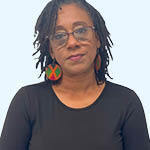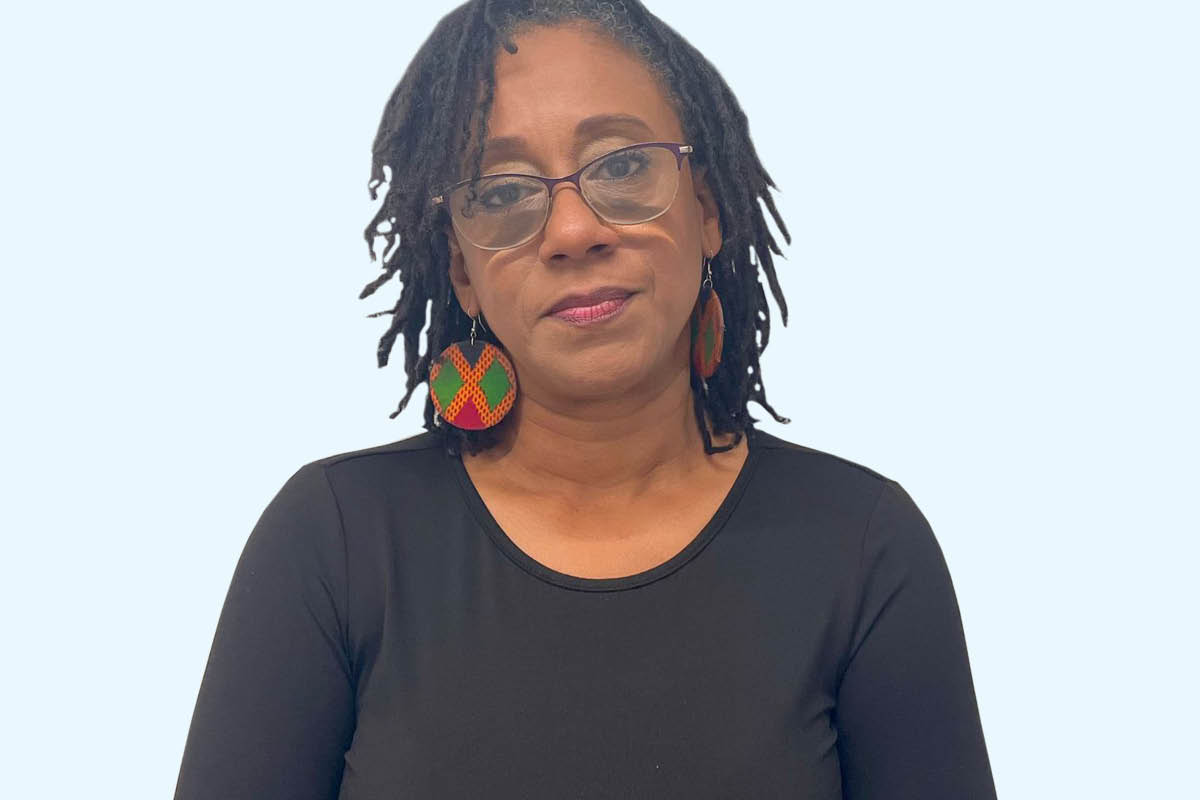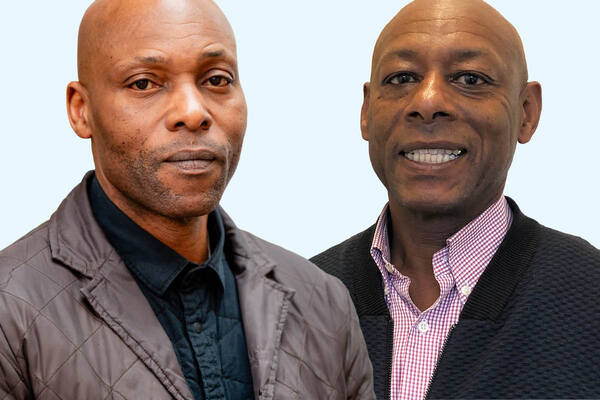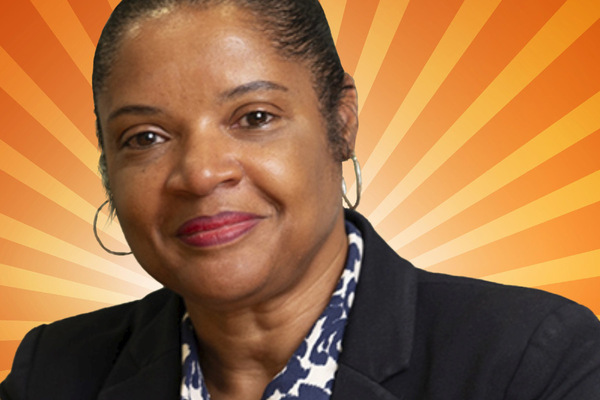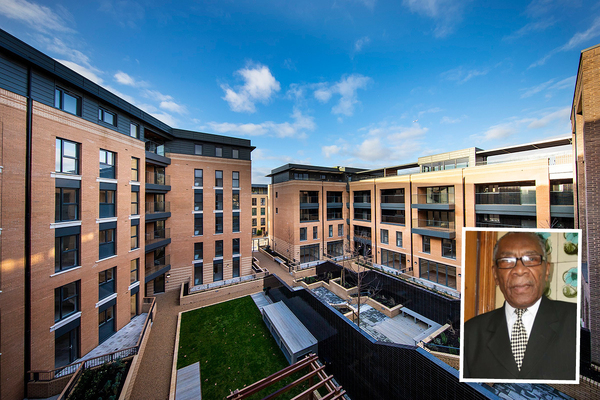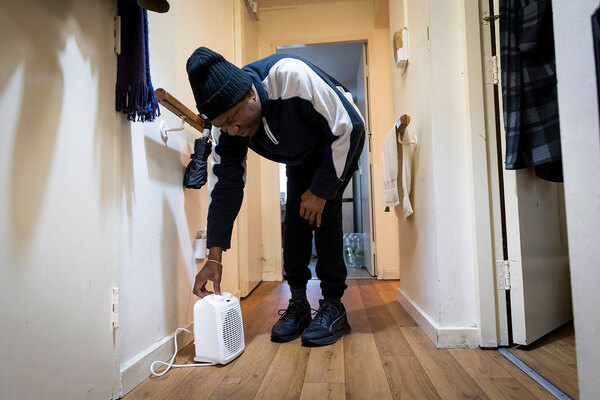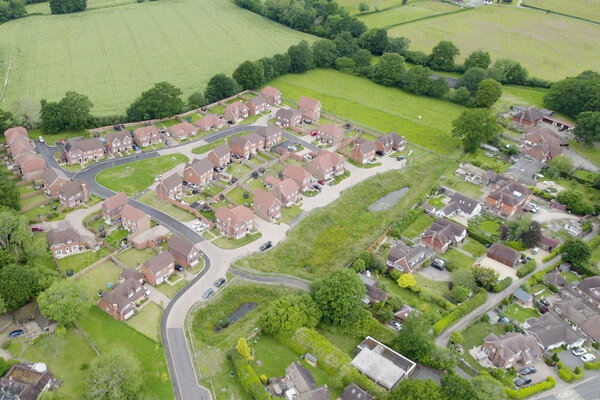You are viewing 1 of your 1 free articles
Harassed, ignored, dismissed: Black women in social housing
Our group chat sheds light on the discrimination Black women social housing tenants face from their landlords, writes Palma Black, founder of social enterprise Soul Purpose 360
For many tenants, social housing offers safety, security, stability and hope for a better future. At least this is what many believe when they are finally handed keys after a lengthy wait.
However, for some tenants this isn’t always the case.
Since the Soul Purpose 360 Black Women’s Networking and Empowerment Circle was established in 2020, many members have shared testimonies of fear and trauma, and expressed feelings of hopelessness and powerlessness over their lives when dealing with their social landlords.
In one case, a resident was moved into temporary housing on a rural housing estate for “safety”, after experiencing domestic abuse in London. Already dealing with trauma and healing from her personal ordeal and a pending court case, she and her children were subjected to racial violence and harassment from neighbours who made it clear that she and her family did not and would not fit in. These threats were shared with her housing officer, who dismissed her “accusations”.
The tenant reported that she felt the housing officer didn’t believe her because she assumed she would be safe in this small, rural community.
“Maybe if I was white, this would have been the case,” she said. Not having a car meant that leaving the estate regularly was challenging, so her days spent at home felt like being in prison.
“After the children had left for college, I would pretend I wasn’t in. I’d sleep a lot and keep the noise of the TV low. One day [when] I walked into the front room, a few of the main perpetrators of the harassment were stood outside my window, peering in. When they saw me, they started banging on the window, calling me racist names. I was terrified.”
“Many members have shared testimonies of fear and trauma, and expressed feelings of hopelessness and powerlessness over their lives when dealing with their social landlords”
Despite numerous visits from the police and calls to the landlord, she said her concerns fell on deaf ears and she felt the added trauma was beginning to affect her mental health. She became depressed, withdrawn and isolated.
At this point, she found Soul Purpose 360 online and joined the network. After a while, she gained the confidence to share her experience in the main WhatsApp group. This immediately led to a wide range of offers of support, from domestic violence specialists to counselling, legal advice, social housing advocacy and more.
Members offered in-person meet-ups and words of encouragement and support.
I’m pleased to say that the tenant was eventually moved to a more permanent house where she says she actually feels safe for the first time in her adult life. She credits the swift, professional and discreet help she received from other network members as the reasons her life changed.
The conversation in the group chat brought to the fore many other members who shared similar stories of being dismissed by their housing officers when they made complaints about their personal safety.
One reported that she had shared her mental health status as a result of continued racial harassment with her housing officer. Within days, she said the same neighbours she had complained about started shouting that they had “heard she was mental”. The member was convinced that the housing officer had breached her confidence by sharing her personal status with her neighbours, and her feelings of being less safe increased.
As usual, members leant in with offers of support, advice and advocacy. This tenant, too, felt legitimised through support from the membership. She felt confident to report the tenant who was harassing her to the police and a complaint was made against the housing officer for issues relating to safeguarding, including dismissing the tenant’s concerns and breaking her confidence.
“It was the encouragement and support from other Black women professionals, advocates and now extended support network in the membership that gave her the confidence to advocate for herself in this way”
It was the encouragement and support from other Black women professionals, advocates and now extended support network in the membership that gave her the confidence to advocate for herself in this way.
The conversations in the WhatsApp group shed light on the levels of fear and intimidation being experienced by Black women tenants in social housing, and that multiple reports of harassment were being dismissed. A worrying trend was that, as Black women, we are expected to be strong and resilient with the ability to cope with almost anything life throws at us.
The trope that Black women are strong, mentally and physically stronger that our white counterparts, is a belief that has persisted since colonial days.
While being these “strong and resilient” individuals trying to cope with life’s challenges, members wrote that they wished they could also be seen as “individuals who could be soft and vulnerable”.
“Perhaps I might be believed by my housing officer and get the help and support I need,” said one.
Palma Black, founder, Soul Purpose 360
Sign up for our daily newsletter
Already have an account? Click here to manage your newsletters
